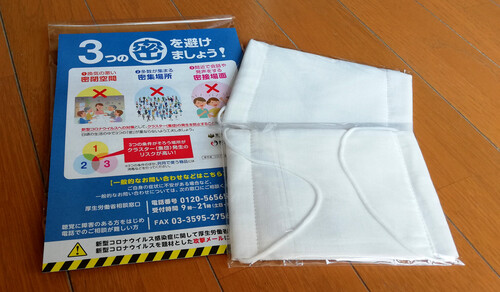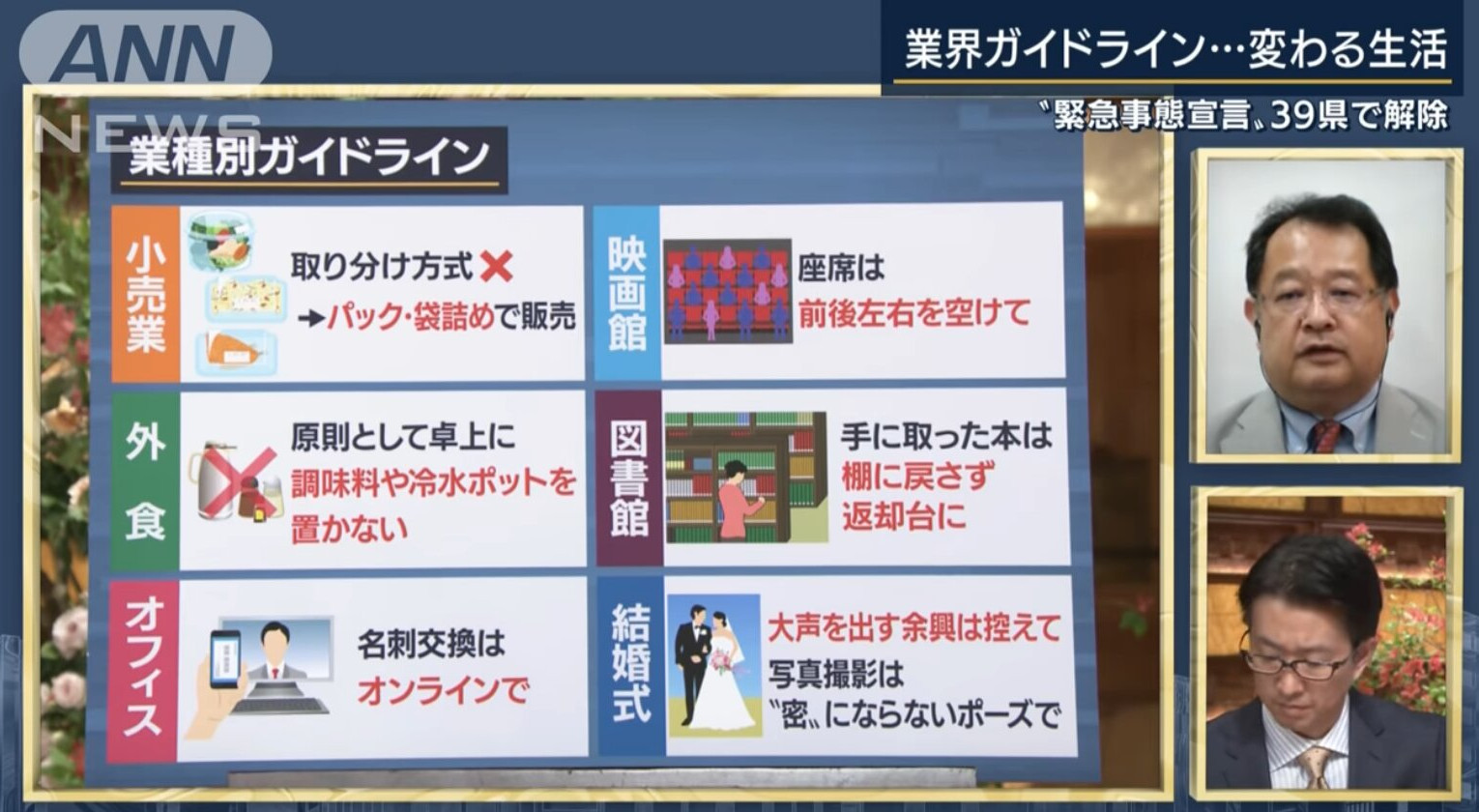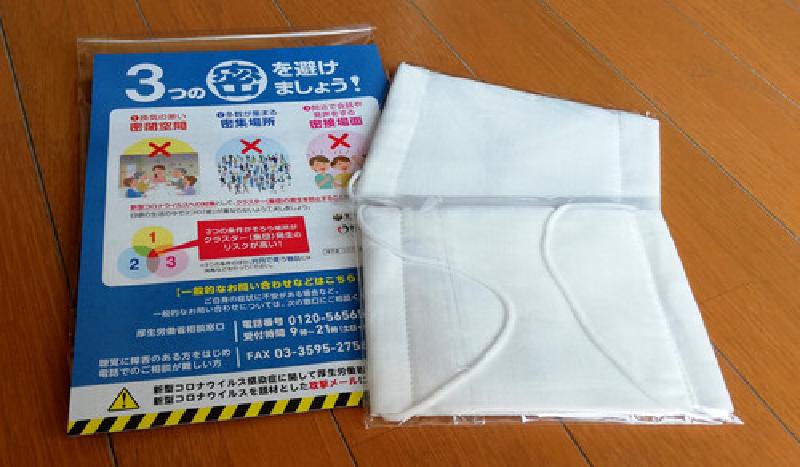First things first: there will not be a clear winner, but let’s try to look at this from various angles. As a German living in Japan, I am tied into people and media in both countries, let’s try a comparison.
Infection numbers
Numbers of daily new infected people is considered one of the most interesting criteria. Being near to China, Japan had first infections quite early, but Germany was catching up in March. As of October, Germany has four times as many infections as Japan. In Germany, 6 times as many people are reported ‘currently sick’ as in Japan.
I think the biggest factor to consider here is the number of Corona tests: someone is just confirmed ‘infected’ after a positive test. As of October, Germany has ramped up to ~2 tests per 1000 people, while Japan is at 0.17 tests, so Germany is doing 10 times the testing which is done in Japan. I think with that amount of testing, the number of infected people does not look high any more.
Various factors influence these numbers. Japan is a group of islands, and was quick in setting up immigration barriers. Germany is tied up in the EU, some people cross borders daily for work, restricting is harder.
As for citizen numbers: Japans 126 million are 1.5 times of Germany’s 83 million, so the fewer infected people in Japan are distributed over bigger population.
How prepared are both health systems?
Both call themself 1st world countries, and have health insurance. While I consider the German 2 class health insurance system as not social and gives rich people an advantage, basic care is provided.
As of 2019, Japan had 2.5 doctors per 1000 citizens, while Germany had 4.3 doctors. Japan had 11.8 nurses per 1000 citizens, Germany had 13.2. Health spending points at the same direction, and all of that with Japan having more aged people than Germany, so Germany seems medically better prepared.
How did the countries help the citizens?
Both countries have put up big programs to stimulate the economy.
In Japan, much was also done on more personal level: this started with each household receiving 2 facemasks, nicknamed ‘Abe no masuku’. People living in Japan were also entitled to apply for 100.000円 (800€) of ‘support money’, also I as a foreigner living in Japan would have been eligible. Economists also call that concept ‘helicopter money’.

A further campaign called ‘Goto travel’ provides money when visiting locations in Japan.
How safe/threatened feel the citizens?
This is hard to measure objectively, I did not see comparable opinion polls being done in both countries. From consuming media in both countries, and talking to people, it seems like Germans and Japanese feel safe/unsafe in the situation to a comparable level.
Regarding the ’toiletpaper supply issue’, both countries felt similarly threatened: there was shortage in both countries. This might be surprising for Japan: typhoons and so on are not rare, most people have important items on stock at home.
Safe/threatened feeling is probably heavily influenced by the media, and how the surrounding countries are doing. Germany looks quite good compared to France and Italy. Compared to Japan, South Korea and Taiwan are doing very well. China has more infections, but also more citizens.
How many restrictions have citizens to endure?
How restricted feel people from the steps to counter Corona? Germany entered it’s lockdown in March, police checked that citizens stay at home, wearing masks was at least encouraged, and in many places also enforced. Opposing movements have formed, demos were on the streets. In Japan, by current law no lockdown is possible. Citizens were informed about the medical background of recommendations, and were called to ‘voluntarily self restrict’. Wearing of masks is already established, especially in influenza and hay fever time, so this was widely accepted. In the time of ‘self restrict’, also bars and bathes closed down, hiking was discouraged - but doing sport was ok. While restriction was ‘voluntarily’, the society was having an eye, of course. Cars on a beach, with the number plate showing that they were from far away, were not unlikely to receive a note reminding of the ‘self restrict’.
New guidelines were announced in Japan, like ’exchange business cards online’.

Subjectively, I feel like Germans felt more restricted by the Corona counter measures, than Japanese.
Summary
Putting numbers into relation, Germany looks Corona wise not necessarily ’less safe’ than Japan. Japan is having many immigration restrictions in place based on the ‘infection numbers’.
